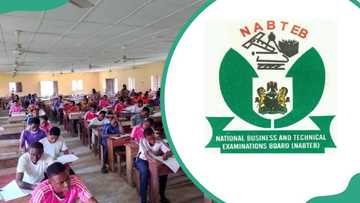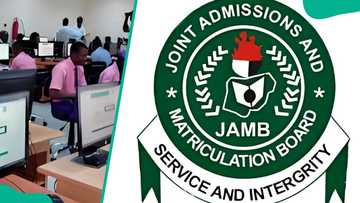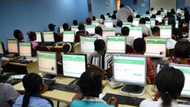
Exams
Examination System in Nigeria
Examinations play a pivotal role in Nigeria’s education sector, serving as a key method of assessment at all academic levels.
From primary school to tertiary institutions, students sit for various internal and external examinations to progress academically.
Common external exams include the West African Senior School Certificate Examination (WASSCE), National Examination Council (NECO), and Unified Tertiary Matriculation Examination (UTME).
Challenges Facing Students
Many Nigerian students face numerous obstacles during exam periods. These include inadequate preparation due to poor infrastructure, overcrowded classrooms, and limited access to study materials.
Additionally, persistent issues such as examination malpractice, poor power supply, and last-minute timetable changes often disrupt the process, causing anxiety and stress among students.
Recent Developments and Reforms
In recent years, educational bodies like JAMB and WAEC have introduced technology-driven reforms to curb malpractice and enhance transparency.
Biometric verification, computer-based tests (CBT), and strict supervision protocols have improved credibility. However, gaps remain, especially in rural areas lacking digital infrastructure.
Conclusion
Despite the ongoing reforms, Nigeria’s examination system still requires significant improvement.
Addressing challenges such as funding, technological access, and teacher training will ensure that assessments genuinely reflect students’ capabilities and uphold educational standards.









